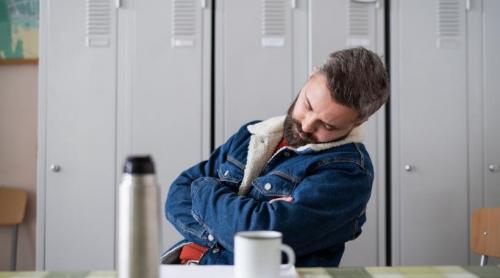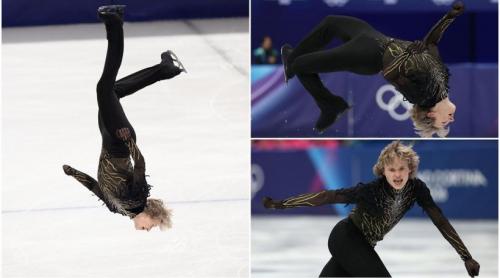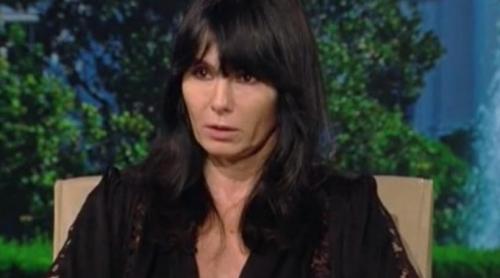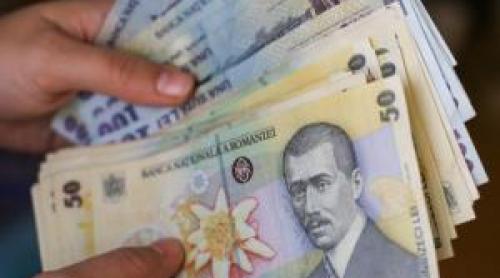
Sad but true: a Serb from Kladovo is more interested in unearthing the recent history of Romania than Romanians themselves. Ranko Jakovljevic wants to build a monument honoring Romanians which lost their lives while attempting to find freedom during the communist regime with illegally passing over the border with former Yugoslavia.
|
|
|

|
|
ZERO TOLERANCE: a country guarded by machine-gun fire and hounds against the flight of its own citizens to freedom
|
Some of us were brave to risk it all, and left the island in search for freedom. Across the Danube, and opposite the Turnu-Severin city, freedom was awaiting.
But several hundreds of these freedom seekers did not make it there.
The Berlin Wall in Germany was another hurdle worth taking for the tens of people who did not make it alive over it.
While the German victims get proper recognition time and again, the Romanian ones are buried once again, this time by our collective lack of memory. Jakovljevic says hundreds of Romanian citizens lost their lives while attempting to cross the River Danube in the 70s and 80s, to escape the communist regime.
Those that made it over the river, however, were handed back to Romanian authorities by the Yugoslav ones.
For accomplishing his project, Jakovljevic tried to rally the support of the Tourist Organization in Kladovo, the head of the Cultural Center there and the director of the Djerdap hydro electrical power plant.
"Founding it tragic that 30 years on the names of the victims buried close to Sip locality cannot be read on their crosses, and taking into account that the current public opinion values tolerance and understanding among peoples, please consider my initiative for erecting a monument on the Danube bank, in the area of the Iron-Gates, in memory of the victims," says Jakovljevic in his letter to the Serbian local authorities.
According to Jakovljevic, the greater number of Romanians losing their lives while crossing the Danube is in buried in cemeteries in the villages of Sip, Kladovo and Golubinje, of the Tekija - Donji Milanovac region; a few others are buried in Mala Vrbica.
Jakovljevic wants not only a monument to be erected but also memorial plaques to be placed in each if these localities and also for identification work on the victims to be pursued.
The Danas daily in Belgrade published an article on the subject, on April 27, stating that the cemetery in village Golubinje had only a few crosses left to remind the names of the dead Romanians.
An elderly villager, Vladisav Ilic, interviewed by Danas, said that "the Danube brought up hundreds of drowned people. Some had been identified, some had not, some had been claimed by their families, and some had not. I do not know the exact number of the dead buried in our cemetery, but I think it is around 15."
"Many of them were not identified, but some were: they were policemen, or soldiers in army fatigues," the forensic doctor recalls. "Whenever possible we finger-printed them and sent their finger-prints to the International Cooperation Committee," Jakovljevic recalled.
Strangely, the fate of so many Romanians is best highlighted in the article run by Danas with the tragic story of an East-German citizen who traveled to Romania in order to get in Yugoslavia swimming across the Danube, to finally get to West Germany!
But he did not make it. Günter Lango swam once the Danube, close to Tekija village, and was apprehended by Yugoslav border guards, who handed him over to Romanian authorities, recalled Jakovljevic. "Shortly afterwards I was called to do an autopsy of a drowned man. He was wearing only a swim-suit and the clothes and papers sealed in a plastic bag, tied around his waist. The prosecutor and the judge recalled him to be the guy who was pleading with them to not send him back to Romania, since he wanted to make it to the West Berlin to see his dying mother," Jakovljevic added.
Unfortunately his life stopped ahead of his motherâs.
Translated By ANCA PADURARU
Citește pe Antena3.ro


















